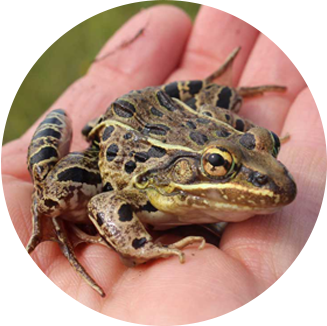Research, Education & Outreach
EcoLogic Solutions works with regulatory agencies and academic institutions to conduct scientific studies, create public outreach plans, secure research grants, and design and deliver instructional content. Science and data are essential for managing natural resources and invaluable to decision-making regarding a given project’s feasibility and obtaining regulatory approvals. In addition, effective community outreach and public education are critical to realizing project goals.
Services Provided
Baseline Ecological Conditions Documentation
Ecological Functional Analyses
Fish & Wildlife Species and Habitat Surveys
Rare, Threatened & Endangered Species Surveys
Wildlife Population Dynamics Studies
Community Outreach Program Development
Professional Seminars & Workshops
Course Development & Instruction
Non-Profit Organization Coordination
Conservation Planning
Project & Program Management
Parklands & Community Resources
“Ken’s vision and problem-solving ability is the reason for the existence of the Green Roof Researchers Alliance, a cross-disciplinary collaboration of over 80 researchers from 24 institutions working to better understand and advocate for green roofs in New York City.
Without Ken’s insights, green roof uptake in New York City would still be insubstantial and our understanding of their ecological function limited. “
— Dustin R. Partridge, Ph.D., Sr. Ecologist & Green Infrastructure Lead, New York City Audubon


